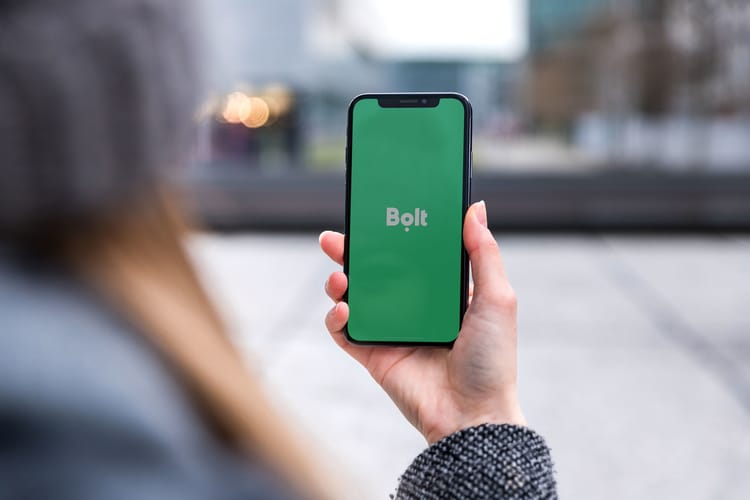The news:
- Bolt has increased ride prices in Nigeria following the fuel subsidy removal.
- Prices in Lagos were the highest, followed by Port Harcourt, Abuja, and Benin City.
- The price increase falls below the expectation of drivers.
Ride-hailing platform, Bolt has officially released new prices for its rides in Nigeria following the removal of fuel subsidy in the country.
According to its official statement, ride prices in Nigeria are changing from Friday, June 2, 2023. It said the price change is due to “increased operating costs drivers incur while driving with Bolt.”
While it announced prices in different Nigerian cities, Lagos’ prices were the highest.
New Bolt prices in Lagos
In Lagos, the base fare, which was formally ₦450 ($0.97), has seen a 17% increase, going from ₦450 to ₦527($1.13). Price per kilometre went up by 36.84% — ₦95 ($0.20) to ₦130 ($0.28).
Price charged per minute is now ₦23 ($0.049), up from ₦17($0.037), representing a 35.29% increase. Minimum fares on Bolt will now be ₦800 ($1.72) as opposed to the ₦650 ($1.40) it was in 2022 — a 23% increase.
Techpoint Africa reported earlier that drivers were certain of a price change coming to ride-hailing platforms in the country.
They revealed that the price hike decried by riders was a result of surges caused by a drop in the number of active drivers due to an almost 200% rise in the price of fuel in Nigeria.
Price hike is lower than expectations
While drivers of ride-hailing platforms were certain of a price increase, it fell below their expectations.
Per Punch, the Amalgamated Union of App-Based Transport Workers of Nigeria wanted ride-hailing companies like Bolt and Uber to review prices upward of 200% and set minimum fares at ₦2000 ($4.30).
The group also wants the platforms to reduce the commission deducted from fares by 50% or set it at 10%.
Although they want riders to pay more because of the hike in fuel prices, they also want “app companies to subsidise trip fares for the rider by at least five per cent to cushion the effect of the increase.”











